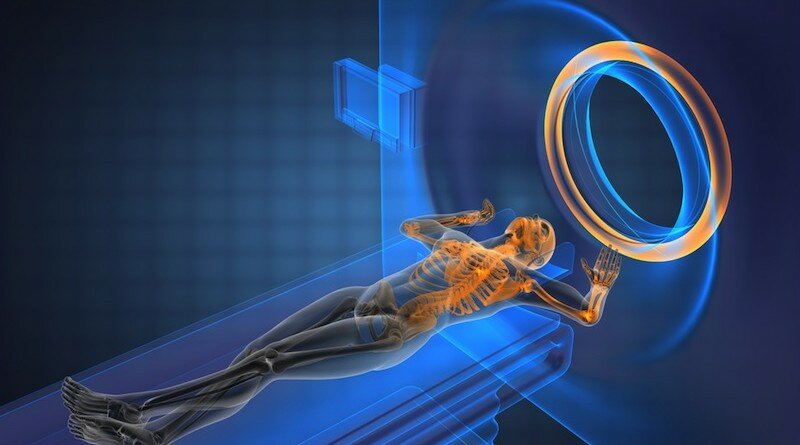Cutting-Edge MRI arrived to a portugese research center
Cutting-Edge MRI arrived to a portugese research center . Ultra-high field MRI scanners allow scientists to make a very early diagnosis of cancer
Cutting-edge technology, designed to delve deeper into the human body, has arrived at a research centre in Portugal. The ultra-high field MRI scanners are around ten times more powerful than current models.
“These new machines will allow scientists to make a very early diagnosis of cancer and many neurological diseases,” explained euronews reporter Claudio Rocco, outside the Champalimaud research facility in Lisbon.
“But, in particular, they will allow them to delve into the complexity of the human brain, an organ that’s so far essentially unknown.”
The scanners are rare due to production complexities. Only around 10 exist around the world in research projects.
Those in Lisbon are being tested on animals and are already said to be providing unique insights into living systems.
The most powerful machine is so strong that its magnetism is enough to lift a lorry. And it is so precise, that individual cells can be singled out.
Researchers are excited about the potential of this technology, which is said to pose no danger to humans.
In the future, diseases could be predicted in advance.
“In the normal scanners, the spinal cord is too blurry and we don’t distinguish too many fine details. But with the ultra-high field scanner, and the contrast we are developing, you can really see very very fine details,” explained Noam Shemesh, Principal Investigator, Champalimaud Foundation.
“There are some very important diseases of the spinal cord, like multiple sclerosis. So when the diseases begin, there are some micro-structural changes in the spinal cord. For example, the diameter of the cell can change,” he continued.
“We could predict if the person is going to have a disease or not, or if he is in an early stage. And of course if we catch it in the early stage, it’s much more likely that we can treat it.”
At the moment, to carry out comprehensive analysis of some brain diseases, the brain has to be cut and examined after death. The new technology could change all that.
A smaller machine at the Champalimaud Centre allows a brain to be fully scanned in a living person.
It could enable researchers to investigate structural changes in the brain, during depression, using the methods developed in the research facility.
“Depression is a widespread disease. It’s one of the major causes of disability worldwide. And one of the main problems of depression is that currently there is no way for clinicians to guide a treatment selection,” said Ekaterina Vinnik, Researcher, Champalimaud Foundation.
“In depressed patients, cells change structure, change shape and size. With the method that we have been developing in this lab, it could become possible to study these processes and, hopefully, to see these changes as they occur. Potentially in the future it will be useful for clinicians to select treatments and better diagnosis depression.”
More precise diagnosis, and at a faster speed, would make a big difference in medicine. Targeted treatments could come sooner – and that could help boost a patient’s chances of recovery.
Source: Euronews
Pin It

